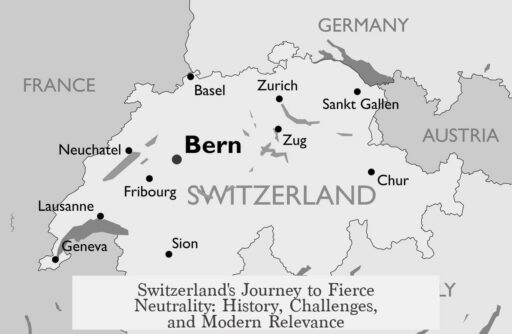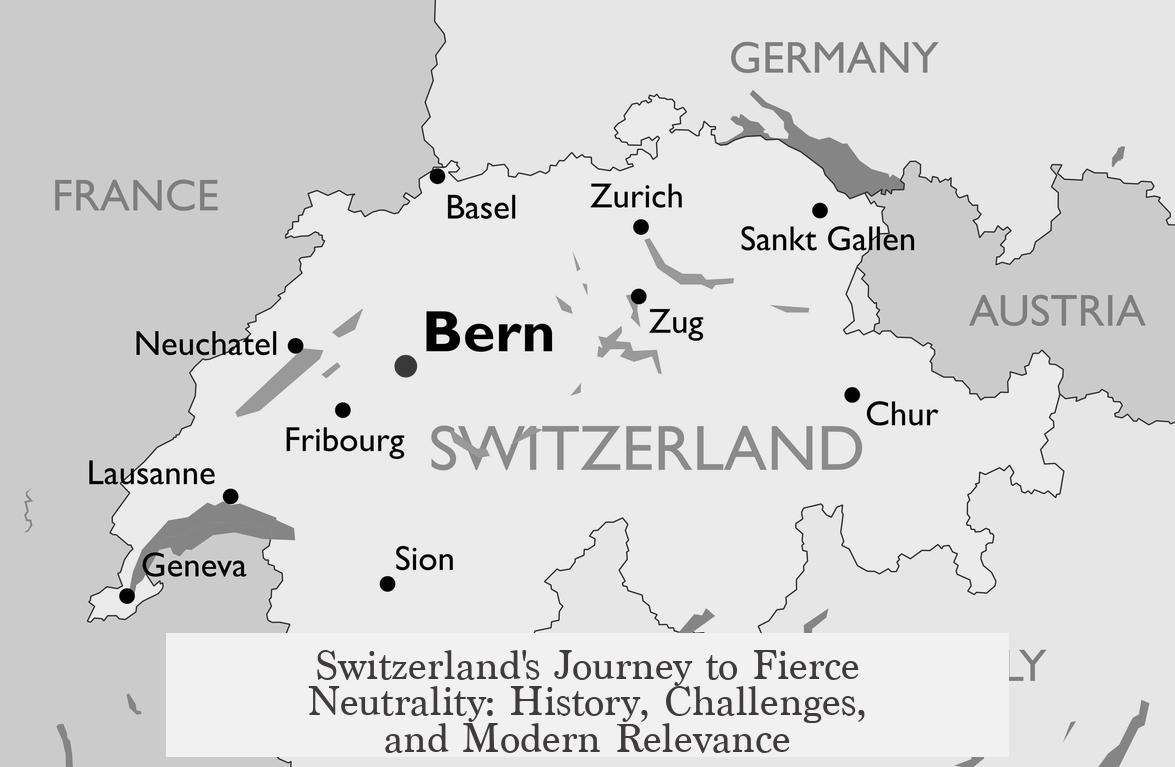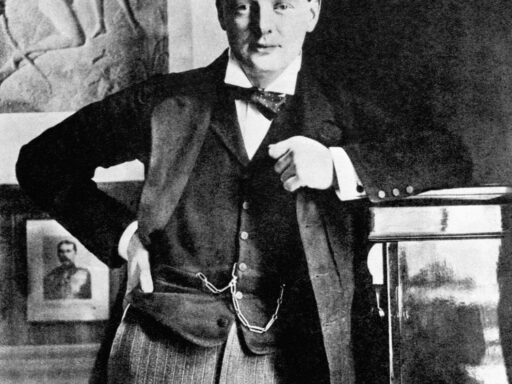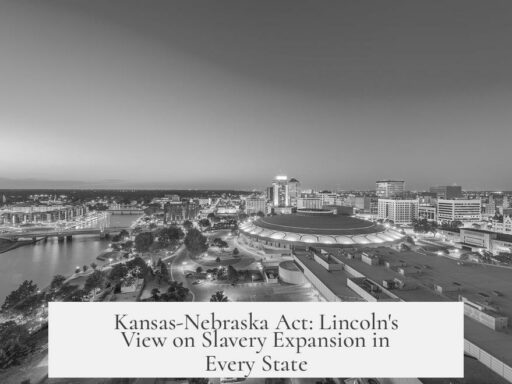Switzerland becomes fiercely neutral beginning in the early 16th century after its defeat at the Battle of Marignano in 1515. This defeat ends Swiss expansionist ambitions and leads to an ‘eternal peace’ treaty with France around 1525. Consequently, Switzerland shifts its approach to avoid military aggression against its neighbors, prioritizing peace and stability instead of conquest.
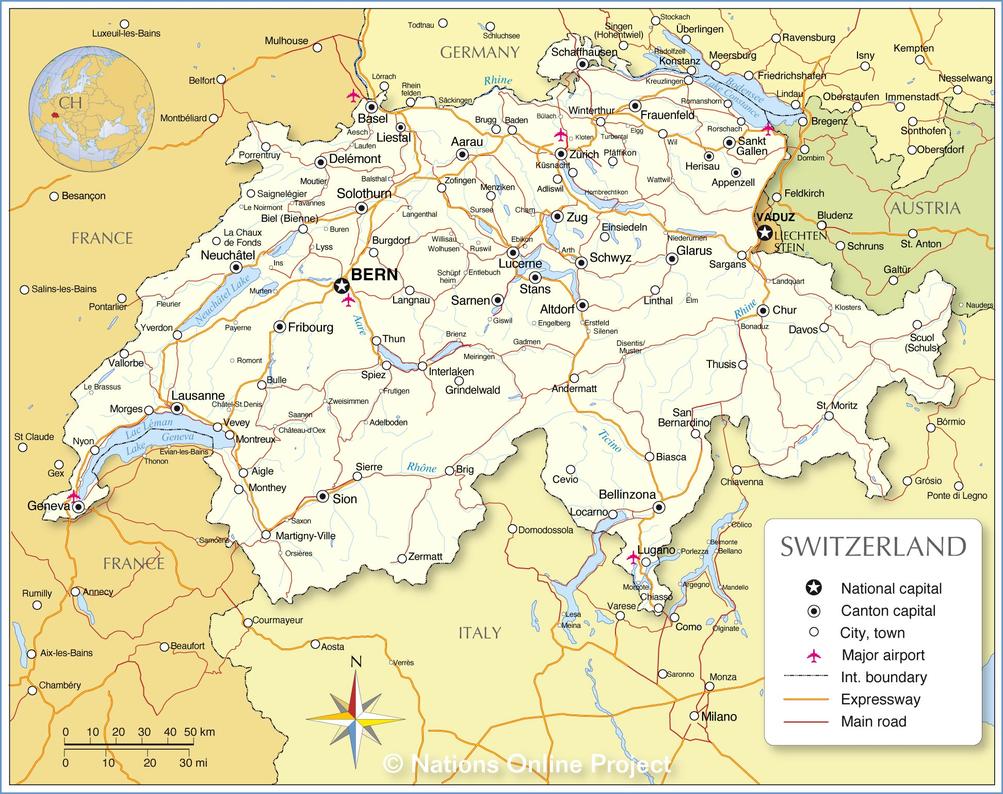
The Battle of Marignano is a crucial turning point. Swiss forces, known for their military prowess, face a powerful combined French and Venetian army and suffer heavy losses. Despite the defeat, the French respect Swiss soldiers enough to offer favorable peace terms. This arrangement proves more beneficial than continued warfare for the Swiss. Thus, Switzerland abandons its expansionist goals and chooses neutrality, allowing neighbors their territories without interference.
Early neutrality is complicated by Switzerland’s mercenary tradition. Between the 16th and 18th centuries, Swiss soldiers enlist in foreign armies, and several families profit from assembling mercenary units. Even though Swiss policy leans toward political neutrality, Swiss mercenaries actively participate in European conflicts. This creates ambiguity, as neutrality coexists with military service abroad—reflecting a fluid understanding of neutrality before its modern conception.
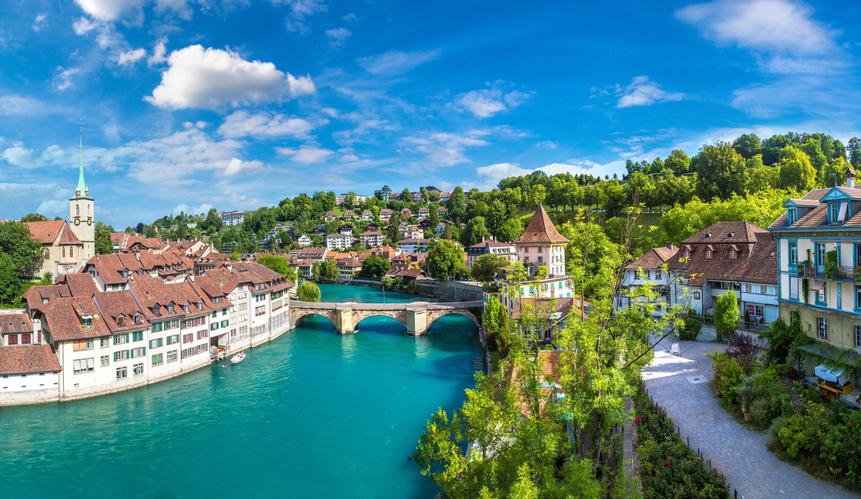
The Napoleonic era further tests Swiss neutrality. In 1798, France invades and imposes the Helvetic Republic. The new regime lacks full Swiss support. When Austria and Russia enter to challenge Napoleonic control, Swiss forces refuse to fight on behalf of the Helvetic Republic. This reluctance marks a strong attachment to traditional independence despite external occupation.
Following Napoleon’s fall, the Congress of Vienna in 1815 formalizes Swiss neutrality on the international stage. Switzerland regains autonomy, but European powers insist on its armed neutrality. The Swiss must remain prepared to defend their territory while abstaining from conflicts. This framework balances non-involvement with readiness to resist invasion. The Congress also redraws Swiss borders, exchanging some territories to stabilize the region. Neutrality is both a safeguard for Switzerland and a strategic interest of Europe, as controlling access through the Swiss Alps influences military movements.

The formal Swiss Confederation forms in 1848, creating the modern state. This development ends internal conflicts and unites diverse regions. Neutrality becomes a foundational element of Swiss foreign policy, recognized internally and abroad. The nation’s survival depends on maintaining peaceful relations among culturally and linguistically different communities. Three major language groups — German, French, and Italian speakers — live side by side, complicating alliances and making neutrality a unifying principle that helps avoid internal divisions.
During the 20th century, Switzerland’s neutrality faces new challenges. It joins the League of Nations as a founding member in 1919, officially engaging in international diplomacy but also risking its neutral stance. By the 1930s, Switzerland renegotiates and reasserts its independent neutral status. In World War II, Switzerland militarizes defensively against potential invasion, yet maintains neutrality in combat. The military mobilizes, but Swiss forces do not engage directly.
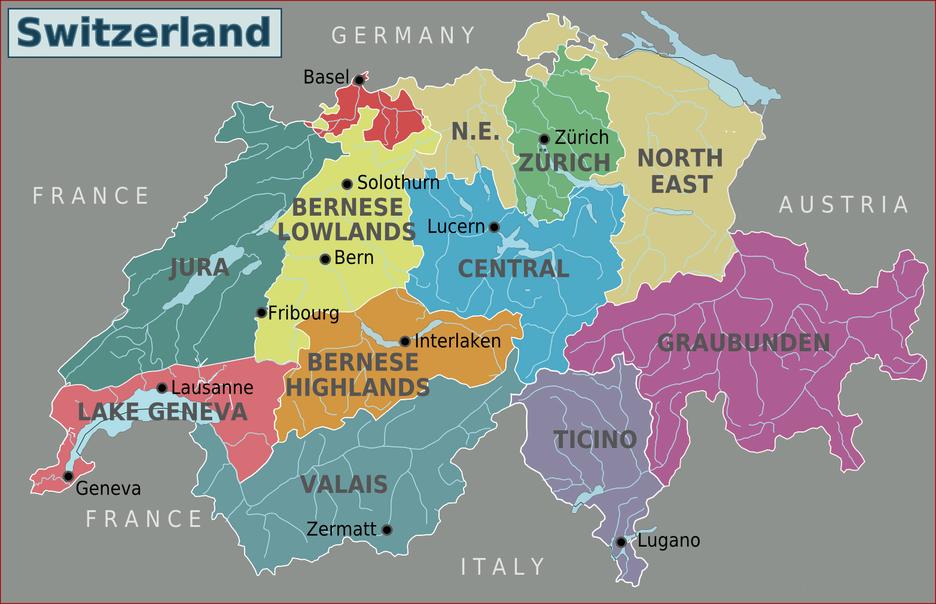
Switzerland’s wartime neutrality is marked by complexities. The country accepts refugees fleeing Nazi persecution. Simultaneously, Swiss banks and industries engage in economic transactions with Axis powers, including financial services and war material production. These controversial actions raise ethical questions but do not alter Switzerland’s official neutral position. The Swiss government balances humanitarian efforts with pragmatic economic considerations and security policy.
In modern times, Switzerland remains officially neutral despite deep involvement in international institutions. It joins the United Nations in 2002 but continues to emphasize neutrality as core foreign policy. This stance ensures national security and political unity in a globally connected world. Neutrality avoids entanglement in military alliances and conflicts, reinforcing Switzerland’s role as a mediator and host for diplomatic negotiations.
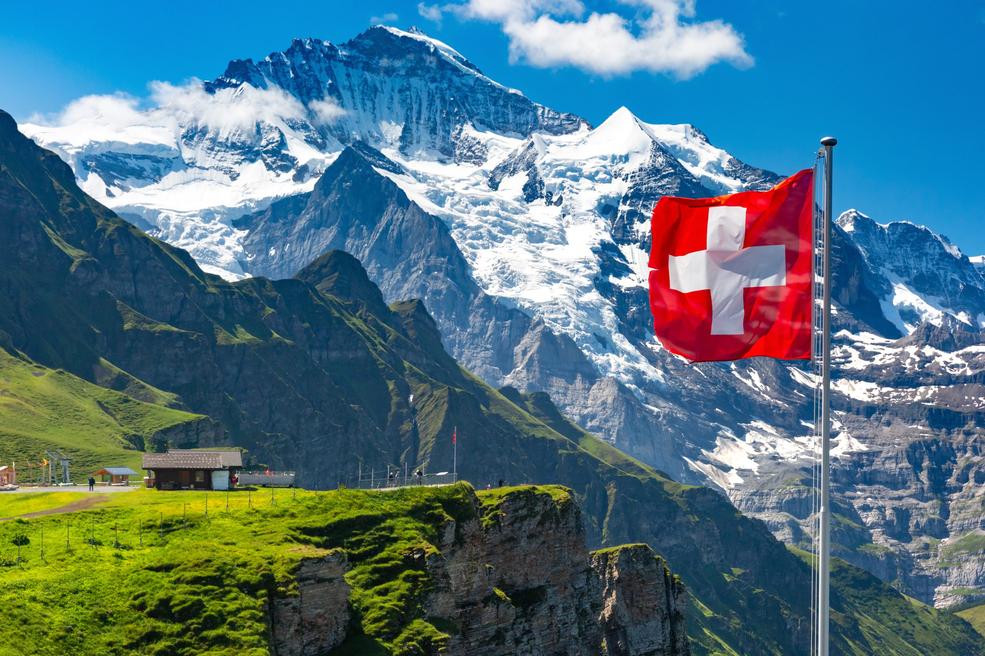
| Key Historical Milestones | Date | Significance |
|---|---|---|
| Battle of Marignano and early neutrality shift | 1515-1525 | Ends expansionism; begins peace with neighbors |
| Congress of Vienna formalizes neutrality | 1815 | International recognition; armed neutrality |
| Federal Constitution creates unified state | 1848 | Neutrality enshrined as core foreign policy |
| Swiss participation and reaffirmation of neutrality | 1919-1930s | League of Nations membership and independence |
| World War II defense and neutrality | 1939-1945 | Mobilization without combat; controversial economy |
- Defeat at the Battle of Marignano ends Swiss expansion and initiates neutrality (circa 1525).
- The Congress of Vienna (1815) formalizes Switzerland’s status as an armed neutral state.
- The 1848 constitution unifies Switzerland and makes neutrality a national policy.
- Switzerland maintains neutrality through world wars, balancing defense and humanitarian policies.
- Multilingual society creates internal pressures favoring neutrality to prevent civil strife.
When and Why Did Switzerland Become So Fiercely Neutral?
Switzerland’s strong stance on neutrality began after its defeat at the Battle of Marignano in 1515. This loss marked the end of Swiss ambitions for expansion and triggered a shift toward peace with its neighbors. Over centuries, various historical events, cultural dynamics, and geopolitical realities forged the Switzerland we know today—a nation fiercely committed to neutrality. But what exactly happened, and why has this neutrality persisted so powerfully? Let’s unpack the fascinating story.
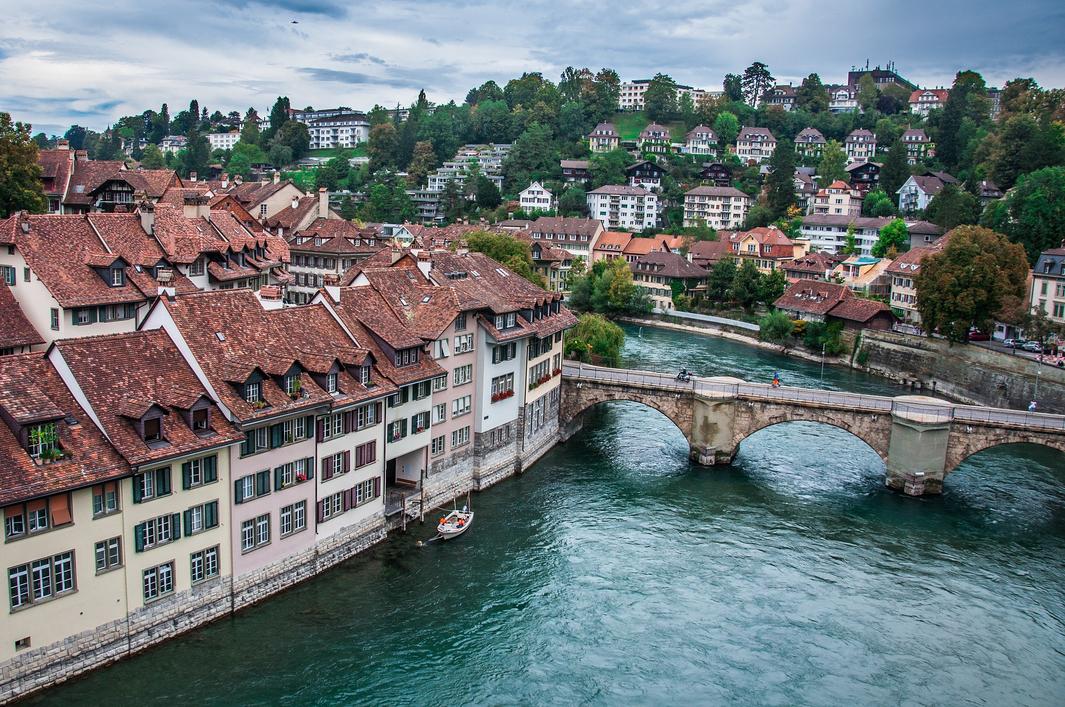
Imagine a small confederation nestled smack in the middle of Europe, surrounded by powerful neighbors with big armies and ambitions. That’s Switzerland for you—caught in the middle of it all, yet determined to stay out of trouble as much as possible. Turns out, this determination didn’t appear overnight.
Swiss Neutrality’s Birth: From Defeat to Diplomacy
Switzerland’s journey toward neutrality begins in the early 16th century. The defining moment? The Battle of Marignano in 1515. Swiss troops, known for their fierce fighting skills, faced the French and Venetian forces and were decisively beaten. This loss wasn’t just a military setback—it shattered their dreams of expanding territory.
“Switzerland first declared neutrality in 1525 after the Battle of Marignano and the resulting ‘eternal peace’ with France.”
The Swiss realized continuing to fight their neighbors wasn’t benefiting anyone. France, impressed by the skill of Swiss soldiers, offered favorable peace terms. Instead of conquest, the Swiss opted for peace and neutrality. Their multilingual makeup—with German, French, and Italian speakers—made picking sides a political headache. Why pick a fight and risk internal division, when peace made more sense?
The Mercenary Contradiction
Now, the story isn’t that simple. Switzerland’s neutrality in the early days was a bit of a mixed bag. On one hand, they pledged peace. On the other, they became famous—or infamous—for sending thousands of mercenaries to fight for foreign armies.
Many Swiss families built fortunes raising and leading mercenary units into battle for the highest bidder.
“Though neutral in name, Swiss mercenaries served armies across Europe, highlighting the fluidity of neutrality before modern ideas took hold.”
This paradox shows neutrality’s complex evolution, from loose peace agreements and financial pragmatism to a more rigid stance centuries later.
Napoleonic Turbulence and Formalizing Neutrality
The late 18th to early 19th centuries threw Switzerland into upheaval. When France invaded in 1798, creating the Helvetic Republic, the Swiss were far from thrilled. They refused to fight for this imposed regime, signaling strong attachment to independence and skepticism about foreign interference.
By 1803, Napoleon had restored much Swiss autonomy. After the Napoleonic Wars, the key moment arrived at the Congress of Vienna in 1815.
“Switzerland’s neutrality was formalized during the Congress of Vienna, becoming an ‘armed neutrality’ that balanced defense readiness with non-involvement.”
Switzerland lost and gained territories but, more importantly, won recognition as a neutral state. Ironically, some say this status wasn’t purely to protect Switzerland. Others think European powers wanted to avoid having Swiss soldiers boost their rivals or feared Switzerland being a strategic corridor in future conflicts.
Building Modern Swiss Neutrality Post-1848
Switzerland’s internal cohesion took a big leap with the 1848 federal constitution. After a civil war that threatened splintering, the country united its diverse regions.
“Neutrality became a central foreign policy aim, binding the newly unified nation together amid cultural and linguistic diversity.”
The importance of neutrality was clear during the Franco-Prussian War and the two World Wars. Being neutral was not just a diplomatic choice—it held the fragile nation together internally and made Switzerland a respected actor externally.
20th Century: Tested Neutrality
The global turmoil of the 20th century put Swiss neutrality to the test.
After World War I, Switzerland joined the League of Nations as a founding member in 1919. But this raised eyebrows about whether neutrality was still intact.
“Despite initial doubts, by the 1930s Switzerland negotiated its neutral status independently, reaffirming its commitment.”
During World War II, Switzerland mobilized its military, ready to defend itself against potential German invasion. But it never joined the fighting. The Swiss opened their borders to many refugees, showing humanitarian values. Yet, their economic and financial dealings with Axis powers—banking transactions, storage of valuables, and some manufacturing aid to Germany—sparked controversy. Neutrality looked good on paper but was messier in practice.
Diversity’s Role: Multilingual, Multicultural Neutrality
Switzerland is a tapestry of cultures and languages. Its people primarily speak German but significant French and Italian-speaking minorities also exist. This diversity isn’t common in many countries and creates natural divisions.
Politically, lining up with any neighbor risks internal conflict.
“Switzerland’s linguistic and cultural mix strongly motivates neutrality, as siding with neighbors could tear the delicate social fabric.”
Neutrality here is as much a practical internal peacekeeping tool as a foreign policy one.
Neutrality Today: A Prudent Legacy
Fast forward to today, and Switzerland remains committed to neutrality.
They joined the United Nations in 2002, signaling engagement with international bodies, yet neutrality stays at the heart of their foreign policy.
The same reasons apply: national security, internal harmony, and political coherence in a complex region.
Neutrality Milestones: When Exactly Did Switzerland Become Fiercely Neutral?
Pinning down the exact date of Switzerland’s fierce neutrality depends on definitions:
- 1515: After Marignano, ending expansion wars and making peace with neighbors.
- 1815: Congress of Vienna formalizes Switzerland’s armed neutrality.
- 1848: The federal constitution states neutrality as explicit foreign policy.
Each of these dates captures a key piece of the puzzle. The reality? Switzerland’s neutrality evolved step-by-step, nuanced and shaped by historical, political, and cultural forces.
Why Does This Matter?
Understanding when and why Swiss neutrality developed shines a light on much more than just a foreign policy choice. It highlights how geography, identity, and hard lessons from history can shape a nation’s character.
Switzerland’s neutrality teaches some valuable lessons for our complex world:
- Neutrality involves balancing ideals with inconvenient realities. Mercenaries and economic ties once blurred the lines.
- Diverse societies often need policies that hold internal harmony without dragging them into external conflicts.
- History is a continuous conversation—a single battle, shifting alliances, political decisions, and social cohesion intertwine to shape the future.
Final Thought: Can a Country Really Stay Neutral in a Connected World?
Given global interdependence today, can fierce neutrality survive? Switzerland’s story suggests it can—if backed by pragmatic defense, diplomatic skill, and societal agreement.
Neutrality is not passivity. Switzerland’s armed neutrality and humanitarian efforts show that refusing to take sides often demands courage and conviction. Walking this tightrope is tricky, but the Swiss have managed it for over 500 years, proving that sometimes the strongest stance is to stand apart.
When did Switzerland first declare neutrality?
Switzerland first declared neutrality around 1525, after its defeat at the Battle of Marignano in 1515. This marked the end of Swiss expansionist ambitions and the start of peaceful relations with neighbors.
What role did the Congress of Vienna play in Swiss neutrality?
The 1815 Congress of Vienna formally recognized Switzerland’s neutrality. It established Switzerland as an armed neutral state, balancing defense capabilities with a stance of non-involvement in conflicts.
How did Switzerland’s cultural diversity influence its neutrality?
Switzerland’s mix of German, French, and Italian-speaking populations made siding with any neighbor politically sensitive. This diversity encouraged a policy of neutrality to prevent internal divisions and external conflicts.
Why did Switzerland maintain neutrality during World War II despite controversies?
Switzerland mobilized its military to defend against invasion but did not enter combat. It accepted refugees but faced criticism for economic ties with Axis powers, reflecting a complex neutrality.
When was Swiss neutrality solidified as part of modern foreign policy?
The modern Swiss state was formed in 1848 after a civil war. Neutrality then became a key feature of national unity and foreign policy, especially through later European conflicts.
